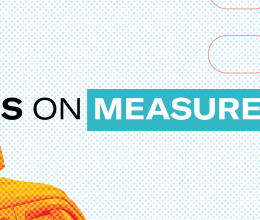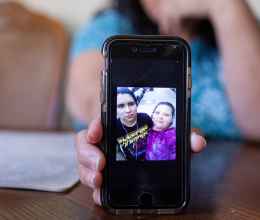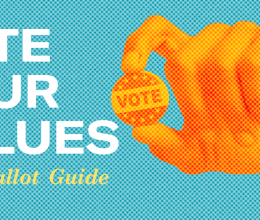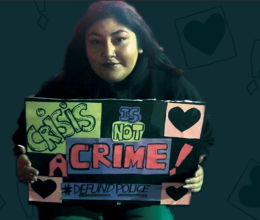
Order Granting Motion for Preliminary Injunction
A federal judge has ruled that federal parole officials violated the rights of two inmates when they denied them in-person parole hearings, requiring them instead to have their hearings via video conference. The inmates filed suit earlier this year, stating the video hearings violated the Parole Act, passed in 1976, which guarantees inmates the right to attend their parole hearings in person. Since 2004, the Commission had required certain inmates to have hearings by video conference.
“Judge Fischer’s ruling requiring that parole hearings be conducted in person rather than by video enforces the principle that our federal parole commissions may not grant or deny liberty by procedures that shortchange the truth. Parole hearings are not a videogame,” said Jessica Price, attorney with the ACLU of Southern California. “The opinion sends a strong message to the parole commission that it must change its procedures nationwide or face more lawsuits.”
Both plaintiffs are serving their sentence at Terminal Island Federal Prison in Los Angeles. The two men had been forced twice to have their parole hearings by video conferencing. Both are facing upcoming parole hearings that the Commission intended to conduct by video.
U.S. District Judge Dale S. Fischer of the Central District of California ruled that failure to have an in-person hearing would likely result in irreparable harm. She says that while video conferencing allows for observation of the inmate’s demeanor, an in-person hearing allows for a more personalized comprehension of the prisoner’s situation rather than the more cold and detached hearing that inevitably happens through videoconferencing.
The court permitted the defendants two weeks to request a stay from the Ninth Circuit Court of Appeals.
“This case is of the utmost importance to our clients,” said Lisa Y. Wang of Greenberg Glusker Fields Claman & Machtinger LLP. “Nothing can substitute for human to human contact, where our clients can look into the eyes of the parole examiner, shake his or her hand, and convey remorse and emotion through the unspoken communication that is the very basis of our culture and society."
The case is John Paul Morrow, et al v. United States Parole Commission, et al.





